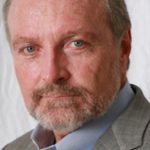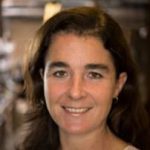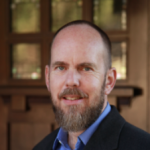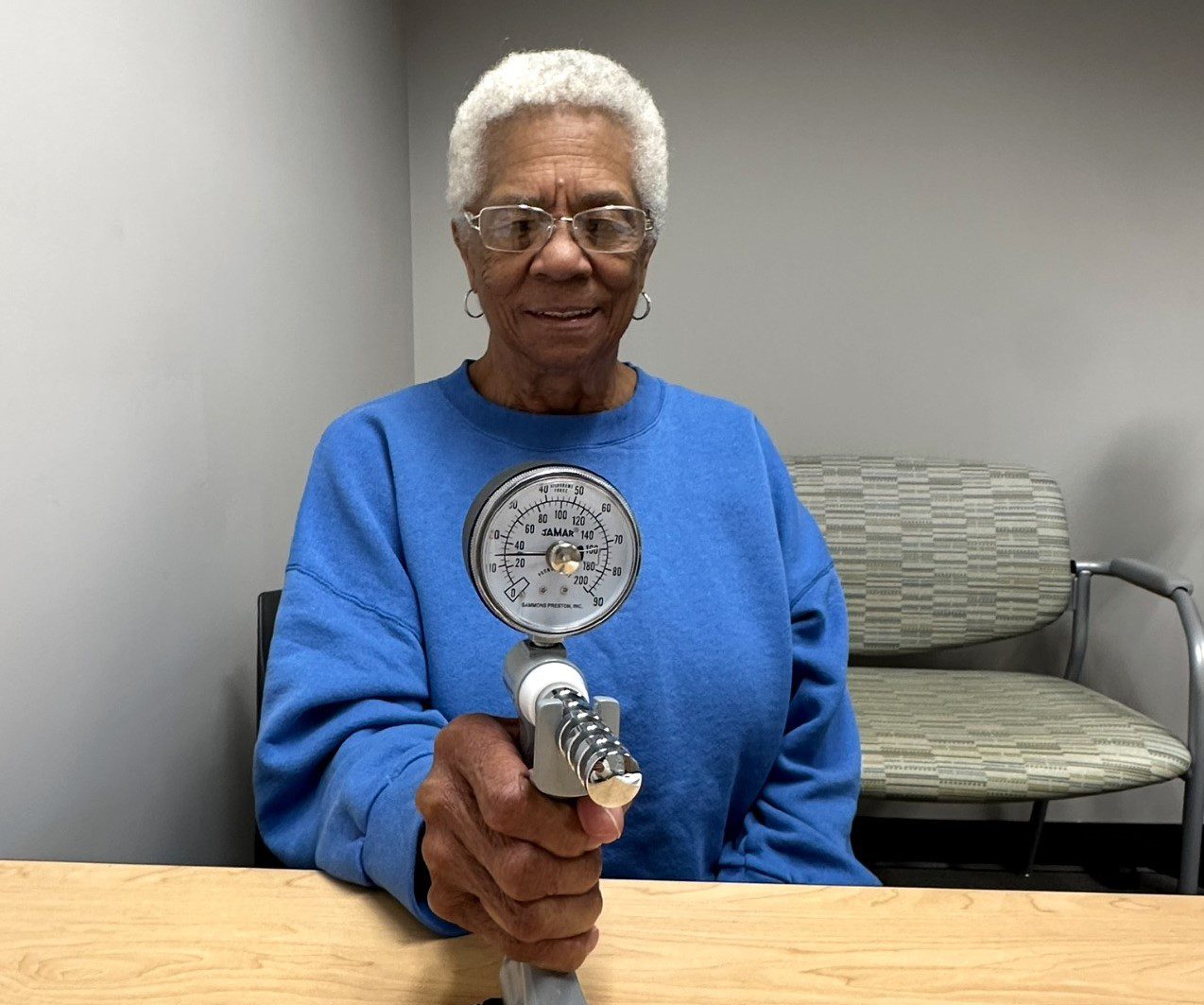Sutter patient participants in grip strength test
According to the World Health Organization, people worldwide are living longer than ever. At Sutter Health, researchers are at the forefront of decoding the mechanisms of aging, revealing clues to unlock how aging works at physical and genetic levels, to understand how to potentially extend health and longevity. Through cutting-edge studies on biological aging, including DNA mutations and their effect on the speed of aging, and epigenetics, scientists at Sutter are making new discoveries. They are studying new ways to help people live healthier and longer lives.
Unlocking Aging Secrets for Better, Sustained Health and Wellness

Dr. Steven R. Cummings
“Historically, two main theories explained aging,” says Dr. Steve Cummings, director of Sutter’s San Francisco Coordinating Center and Sutter’s Sequoia Center for the Science of Aging. “One attributes it to random mutations in DNA, while the other focuses on epigenetic changes, meaning adjustments in how genes are turned on and off by lifestyle and environment.”
Dr. Cummings continues a decades-long scientific career investigating the biological systems behind aging. With published findings in some of the world’s leading medical journals, his research suggests these aging theories are more connected than once thought. This could shift how age-related conditions are treated, helping doctors address the root causes of aging-related health concerns, not just their symptoms.

Dr. Eric Leung
“We are always looking to evolve and transform patient care,” says Dr. Eric Leung, an internal medicine doctor with Sutter West Bay Medical Group. “Moving beyond mere symptom management and focusing on the root causes of aging opens new possibilities to better diagnose, prevent and treat age-related illnesses.”
Walking Speed: A Surprising Indicator of Health

Dr. Peggy Cawthon
Dr. Peggy Cawthon, scientific director at Sutter’s California Pacific Medical Center Research Institute is leading the charge around walking gait research and its role in aging.
“Our studies reveal that slower walking speed is a critical indicator of health and can signal underlying issues like arthritis, heart disease or cognitive decline,” says Dr. Cawthon. Her research team has determined that a brisk walking pace is linked to better physical fitness, often reflecting stronger coordination, and better heart and lung function.
“By connecting gait speed to overall health, we can better monitor, then act on, patients’ physical and cognitive functioning,” says Dr. Leung.
Slowing the Biological Aging Clock

Dr. Brian Chen
Dr. Brian Chen, a scientist at Sutter’s California Pacific Medical Center Research Institute, studies epigenetic clocks, a tool to measure aging through chemical changes in and around the DNA that captures “biological aging.” He wonders: What makes epigenetic clocks tick and how can we slow them down?
“Most people believe that, as we get older, health problems are inevitable,” explains Dr. Chen. “By understanding the molecular characteristics of biological aging, we can start to decouple ‘aging’ from ‘disease’.”
According to Cornell University, studies have shown how scientists have extended the lifespan of lab animals. The next frontier is understanding whether similar breakthroughs could apply to humans. In collaboration with researchers at the Sutter Biobank, Dr. Chen is studying how the rate of epigenetic changes connects to clinically useful outcomes and other hallmarks of aging, such as chromosomal abnormalities, meaning problems with the number of chromosomes in cells. “This type of research may reveal new environmental factors that will drive progress in areas such as dementia and frailty where current models are still lacking,” says Dr. Leung.
Mitochondria on the Mind

Dr. Gregory Tranah
Dr. Greg Tranah, senior scientist and director of Sutter’s Biobank, focuses on the powerhouses inside human cells, mitochondria, and their influence on aging and longevity. Most of the energy required for humans to function comes from the mitochondria within cells. However, as the aging process begins, the DNA inside the mitochondria mutates, affecting physical and cognitive strength.
“Learning more about how these mitochondrial DNA mutations impact the body can inform personalized treatment options for patients, particularly in age-related health concerns like cancer, dementia, cardiovascular disease and osteoporosis through exercise, diet or medicine,” says Dr. Tranah.
Learn more about research at Sutter Health and what studies could be right for you.





